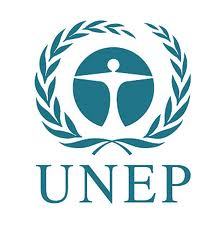Valuing Nature (UNEP)
United Nations Environment Programme (UNEP) / 2012
 UNEP argues that nature is not taken into account by policy makers and the private sector. The way to change this is to acknowledge that economic activity and human well-being depend on nature for ecosystem services such as food, capture of carbon dioxide, water purification and tourism.
UNEP argues that nature is not taken into account by policy makers and the private sector. The way to change this is to acknowledge that economic activity and human well-being depend on nature for ecosystem services such as food, capture of carbon dioxide, water purification and tourism.
By demonstrating benefits from natural capital the environment will be factored into decision-making by policy makers because they will be able to fully assess trade-offs with all the available information.
UNEP insists valuation does not have to always lead to the marketization of nature. This is a choice to be made based on the potential impacts on ecosystems and the communities who depend on them.
UNEP notes that instruments such as the Payment for Ecosystem Services (PES) can be used to capture nature’s values in a way that then leads to those who conserve these ecosystems receiving an economic incentive to do so. This should be accompanied by appropriate safeguards.
Two key initiatives UNEP is working on include:
- UNEP hosts The Economics of Ecosystems and Biodiversity (TEEB) initiative that has done ground breaking research to highlight the benefits from ecosystem services and how they could be valued.
- Coordinating with UN-REDD to work on the programme Reducing Emissions from Deforestation and Forest Degradation in developing countries (REDD) that aims to show how forests play a vital role in capturing carbon dioxide as well as many other ecosystem services (biodiversity, water, tourism and community development).
Read report
————————————
This summary was prepared by Why Green Economy?. The views expressed have been paraphrased. See the original source for more information.

Leave a Reply